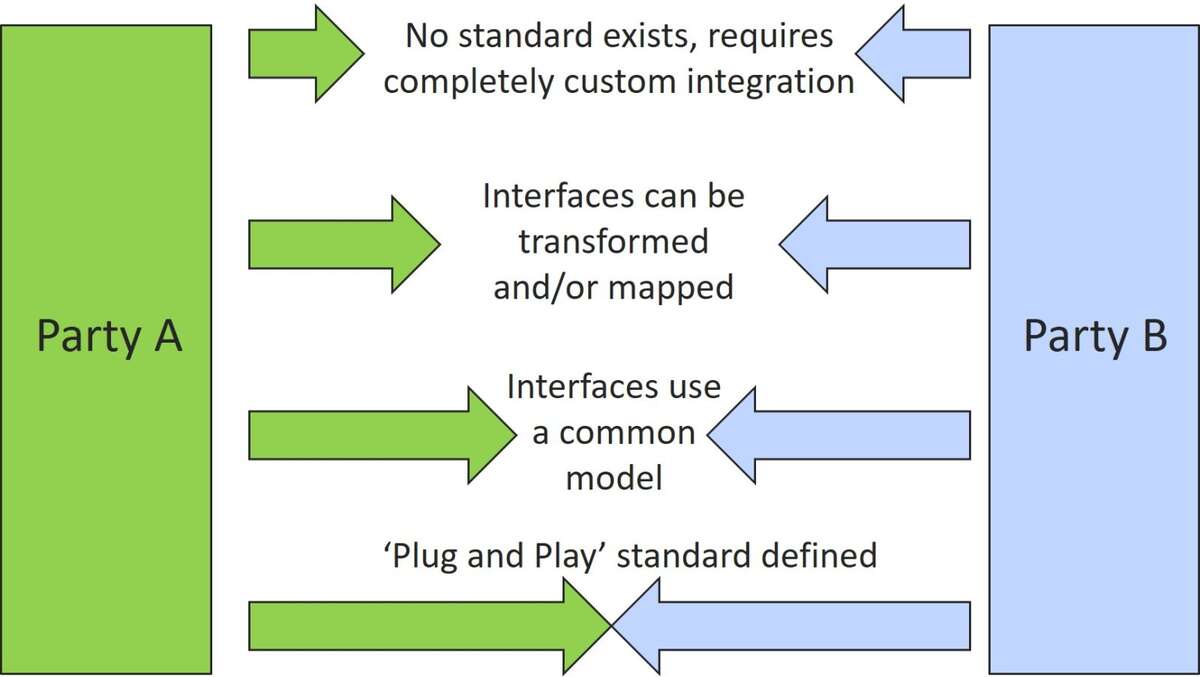Small-scale renewable energy, battery storage, smart devices, and electric vehicle charging, collectively known as distributed energy resources (DERs), are becoming more widespread and affordable. As these resources are being deployed in increasing quantities, equipment from one provider often does not function well with equipment from a different provider, complicating the integration of systems. Despite communication connectivity being foundational to the clean energy transition, significant hurdles remain. To help tackle this and other challenges, EPRI is launching the DER Interoperability Lab Initiative to accelerate successful integration among diverse resources.
Operation systems that seamlessly connect diverse DERs across millions of devices will facilitate a more effective and rapid integration of DERs. Interoperability – whether defined as the ability of equipment to operate in conjunction with one another, or a product or system easily communicating with other products or systems – is becoming increasingly important to help lay the groundwork for broader decarbonization goals.
There has been incremental progress over the past few years, and certain standards already exist. For example, the Institute of Electrical and Electronics Engineers provides a uniform standard for the interconnection and interoperability of distributed energy resources with electric power systems. It includes requirements relevant to the performance, operation, testing, and safety of the interconnection. However, even if two products are certified individually, often they do not work together. Addressing this issue is a primary directive of the DER Interoperability Lab Initiative.
Located at EPRI’s Knoxville, Tenn., lab, the initiative provides tools and resources to evaluate, diagnose, and resolve integration issues, using reference controls and power system equipment for realistic assessments. The lab will facilitate integration among a wide range of products, including resources, gateways, controllers, and DER management systems.
The guiding force for the initiative is the DER Interoperability Interest Group, which meets monthly and is open to interested parties. With a vision to drive industry-wide progress towards seamless interoperability, the advisory group identifies and prioritizes integration challenges, guides the development of assessment procedures, collaborates with other organizations to avoid duplication of effort, seeks consensus approaches, and advises on priorities for DER Interoperability Lab tools and resources.
With DERs becoming central elements in the control and operation of the grid across the globe, the group recognizes that interoperability is an essential enabler for technology to scale. EPRI plans to continue creating new tools to diagnose interoperability obstacles and help find solutions for successful systems operation. Lab capabilities include:
- Assessment procedures addressing how devices and equipment can be evaluated together at a system level, rather than one element at a time – including protocol checks, upfront configuration, initialization steps, physical connection, and more
- A wide range of tools and resources to support integration and interoperability evaluations
- Addressing capability gaps that arise from undefined standards or undeveloped reference implementations
- The use of power system equipment, including grid and PV solar simulators, capable of single, three-phase, and power levels up to 150kW
- Forums where manufacturers of various products and types can gather to evaluate issues, diagnose problems, and identify solutions
- Events such as “plug-fests,” which give stakeholders the opportunity to meet with and test various products in a short time frame
The DER Interoperability Interest Group will disseminate findings and recommendations, including contributions to relevant standards development organizations, to eliminate gaps that impede progress. This information will be documented and publicly available. To participate in the interest group or learn more about interoperability events, please contact derinteroperabilitylab@epri.com.
This article first ran in Solar Power World on January 18, 2024.










